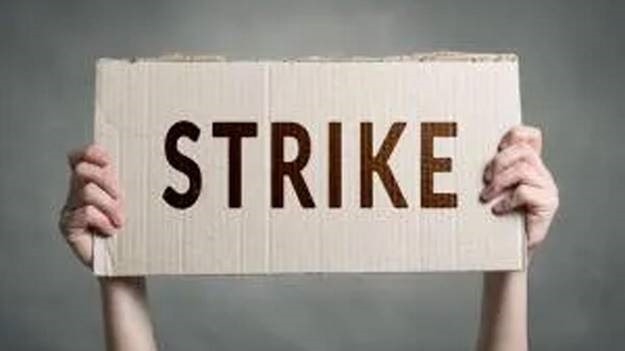The BPP is the apex body of the Parsi community and the second largest landlord in the city, after the Bombay Port Trust (BPT). It controls massive swathes of land, many of which are residential colonies or baugs as they are popularly known
This picture has been used for representational purpose
Whatever the outcome of the hunger strike, a first in 300-plus years by a trustee of the Bombay Parsi Punchayet (BPP), undertaken on Monday, it gained a lot of attention with some either supporting it or scoffing at it in the tiny community.
The BPP is the apex body of the Parsi community and the second largest landlord in the city, after the Bombay Port Trust (BPT). It controls massive swathes of land, many of which are residential colonies or baugs as they are popularly known.
The infighting within the BPP has often been in the news, and is actually not that different from other community trusts. Yet, given the profile of the organisation and its trustees, some of whom use community-centric newspapers to spew venom at each other, it is little surprise that the spats make public news. It would be naïve to think that infighting, brickbats and barbs do not fly within other groups or organisations.
Yet, it is always hugely counterproductive to any community when rifts occur, and given the control and influence the BPP yields over its people, given that it is a caretaker, all efforts must be made to heal the rift and function in a democratically acceptable manner.
The rather dramatic hunger strike has been undertaken to press for elections to the BPP board by the end of this year. Looking beyond the election issues, it is important that we see the board speak and act as one, even though healthy debate is the lifeblood of any functioning organisation.
This small, dwindling community has a big crisis on its hands. Better coordination and working among its board means a pleasing and winning situation for the people and its mammoth properties.

